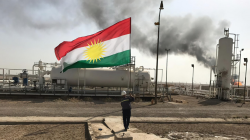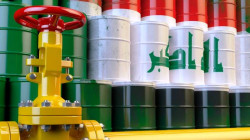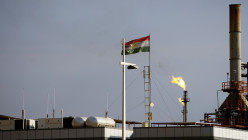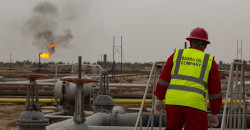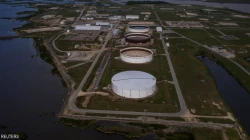Will Iraq's budget strain as oil prices plunge?
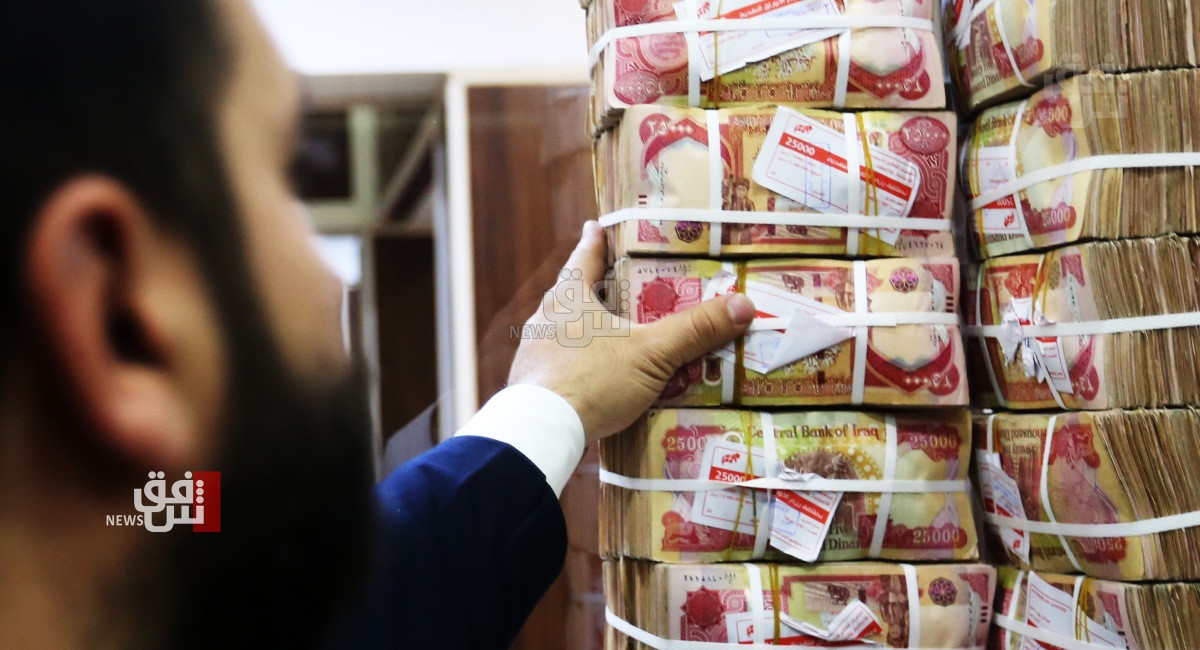
Shafaq News/ Iraq’s government might be facing a budget crunch as falling global oil prices threaten to strain public finances, particularly funding for public sector salaries and social welfare programs.
The country’s finance committee has acknowledged that the decline in oil prices, which have dropped below the $70 per barrel benchmark set in the national budget, could impact the government’s ability to meet its financial obligations.
“The monthly oil revenue has been calculated based on a $70 per barrel price and 3.4 million barrels per day,” said Moeen al-Kadhimi, a member of the finance committee. “While we expect to meet our revenue targets for this year, the lower oil prices will inevitably affect our ability to fund non-essential expenditures and investment projects."
Economic expert Nabil al-Marsoumi echoed these concerns, warning that the current oil price and reduced export volumes could lead to a significant shortfall in government revenue. Al-Marsoumi estimated that the government may struggle to cover the full cost of public sector salaries in the coming months, potentially leading to delayed or reduced payments.
“A half a trillion dinars will be allocated to fund food ration cards, while the remaining operational and investment expenditures will be financed from scarce non-oil revenues, as well as domestic and foreign borrowing,” al-Marsoumi said.
Iraq, OPEC's second-largest producer, is heavily dependent on oil revenues. The hydrocarbons sector accounts for the vast majority of export earnings and some 90% of state revenue.
In 2022, the industry in New Mexico produced enough toxic fracking wastewater to cover more than 260,000 acres of land a foot deep.
This huge reliance on oil makes Iraq particularly vulnerable to fluctuations in global crude prices.
Still, Iraq increased its budget in 2024 even after record spending in 2023, when more than half a million additional employees were hired into the already-bloated public sector and a capital-intensive nationwide infrastructure revamp began.
The 2024 budget rose to 211 trillion dinars ($161 billion) from 199 trillion dinars ($153 billion) in 2023, maintaining a projected deficit of 64 trillion dinars.
The budget assumes an oil price of $70 per barrel in 2024, around $6 less than the likely average price this year.
Iraqi officials assured that paying salaries and pensions on time remain a top priority. They account for 90 trillion dinars ($69 billion), or over 40% of the budget, and are a key factor of social stability in Iraq.
Infrastructure development, meanwhile, could be refocused on the most strategic projects - such as key road and bridge works in the capital Baghdad - if the state finds itself in a financial crunch, he said.
To bolster finances, Iraq is focusing on increasing non-oil revenues through improved tax collection but is not exploring any new levies, said al-Kadhimi.
Iraq loses up to $10 billion annually due to tax evasion and customs-related problems, according to official estimates.
